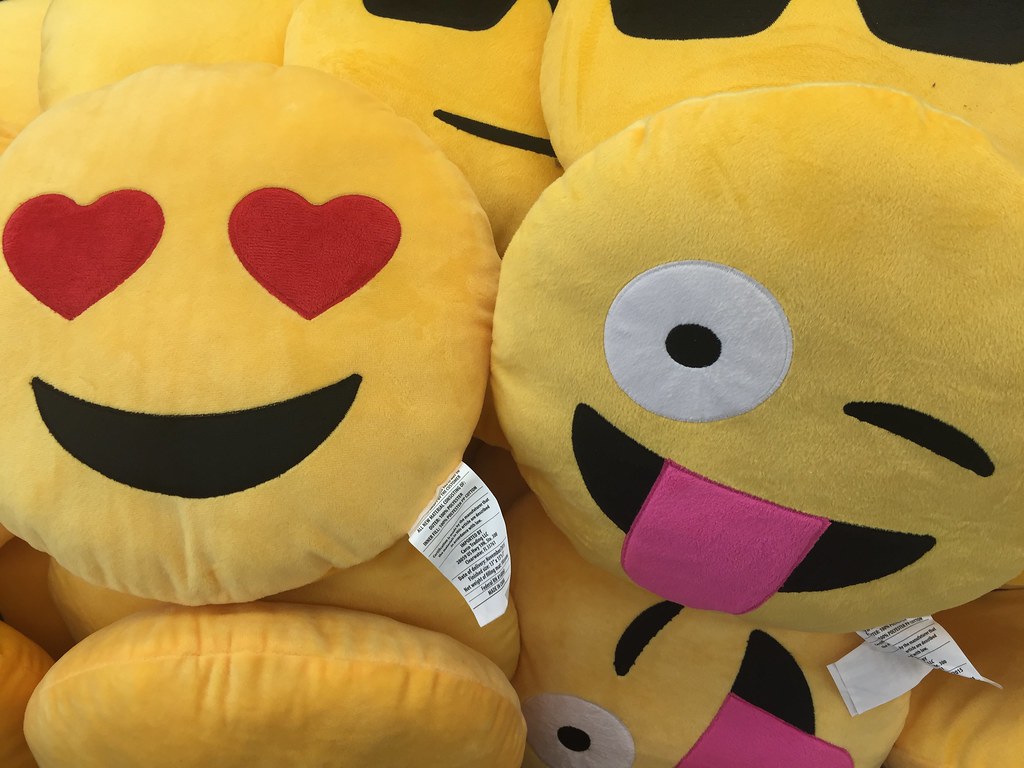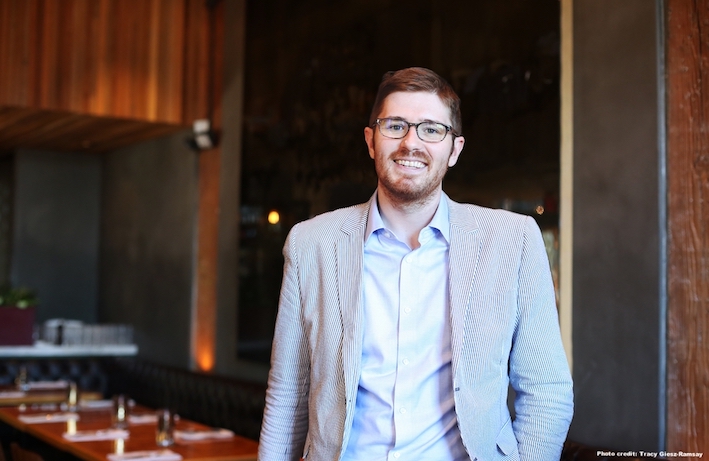
In this four-part blog series, we explore the many challenges we encountered in working with preprint metadata, including lack of documentation, missing values, and incompatible and erroneous data.

In this four-part blog series, we explore the many challenges we encountered in working with preprint metadata, including lack of documentation, missing values, and incompatible and erroneous data.

How do social annotation tools help students learn? We conducted research in three unique university classrooms to find out.

Do academics use emojis on Twitter? Stefanie Haustein analyzed more than 40 million tweets mentioning scientific journal articles, preprints, conference proceedings, and other documents to find out.

What research outputs do faculty believe are valued in RPT decisions? How do these beliefs affect where and what they publish?

Which researchers preprint more than others in their network? In which research fields is preprinting growing in popularity, and in which fields is adoption disproportionately low?

By Juan Pablo Alperin, Esteban Morales and Erin McKiernan. First published on the LSE Impact Blog on July 17, 2019.

A new study finds a surprising number of Open Access journals “reverse flip” back to closed access. Co-author Lisa Matthias tells us all about it.

What does making research knowledge public mean to you? We asked Juan Pablo Alperin and Hannah McGregor—winners of a new award for public scholarship—to share their thoughts.

How can scholars communicate their work in more accessible, engaging ways? Where should they publish and promote their findings? What does “research communication” actually mean? On Tuesday, January 15, ScholCommLab researcher Michelle La will explore these questions and more in a short talk at SFU’s Graduate and Postdoctoral Student Photo Reception.

Why do we make bad political decisions, and how do we make better ones? On Thursday, June 21, ScholCommLabber David Moscrop will unpack these questions and more on the TEDxYYC stage. Drawing from his own and others’ research, as well as from his personal experiences as a media commentator, he’ll examine the way our current democratic system functions—or, rather, dysfunctions— and how it could be improved in the future.